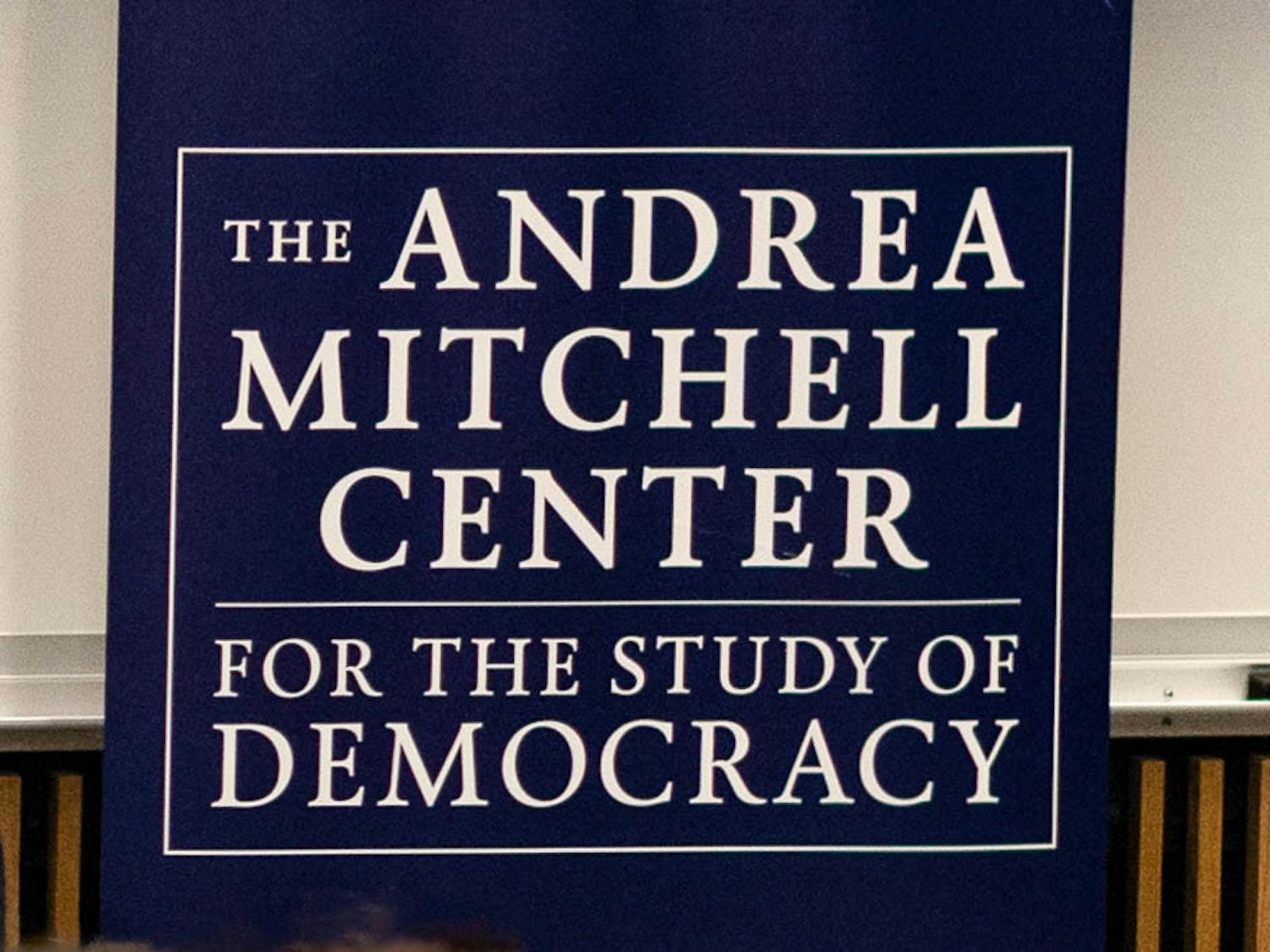Calling the Holocaust a "unique" event in history, Cornell University Professor Steven Katz spoke yesterday to a standing-room-only crowd at Houston Hall. The Holocaust has become a test case against which other tragedies are measured, Katz said, stressing the importance of recognizing the Holocaust as a uncomparable tragedy. "It is very difficult to find in the history of time an intentional murder of an entire people," said Katz. He added that it differs from other historical mass killings resulting from slavery, witchcraft trials, and recent eastern European persecutions, since it was directed at one religion. "To say that other events are not the Holocaust is not to demean them morally or ethically," Katz told the group of nearly 100 people. "All the events are horrendous. They all violate moral sensibility. They all are beyond any ordinary sense of good and evil. This is not a moral but a phenomenological comparison." Dismissing staggering statistics that accompany mass deaths, Katz examined the philosophy behind the the Holocaust. He added that while other groups have been hated and killed, it has virtually always been for political and economic gain. During his hour-long speech he also focused on the dehumanization of people in the concentration camps. "The object was. . . make the Jew come to loathe themselves," he said. "[The object] also was to break the dignity and to destroy the bonds of obligation between the Jew and Aryan." Many members of the audience said they were impressed by his interdisciplinary approach and mastery of the subject. "He pulled so many things together," said Peter Koelle, a doctoral student in the School of Arts and Sciences. "He showed the Holocaust as a singularly unique phenomenon without denying other horrors of the twentieth century." "I thought it was a beautiful synthesis of historical analysis of one of the pivotal events of modern history," said College of Arts and Sciences Associate Dean Norman Adler. "The specific analyses focused on Jewish and modern European history, but the implications -- like all great intellectual achievements -- have universal applicability." Others praised his frank approach to the topic and said he gave a frightfully realistic description of the deaths in the concentration camps. "I saw people grimacing at his vivid descriptions of the death camps," College sophomore Jennifer Hirsh said. "He was very effective, without relying on numbers and body counts to support his argument." Katz, who was a visiting professor in the History Department last year, is a fellow at the Annenberg Research Institute.
The Daily Pennsylvanian is an independent, student-run newspaper. Please consider making a donation to support the coverage that shapes the University. Your generosity ensures a future of strong journalism at Penn.
Donate







